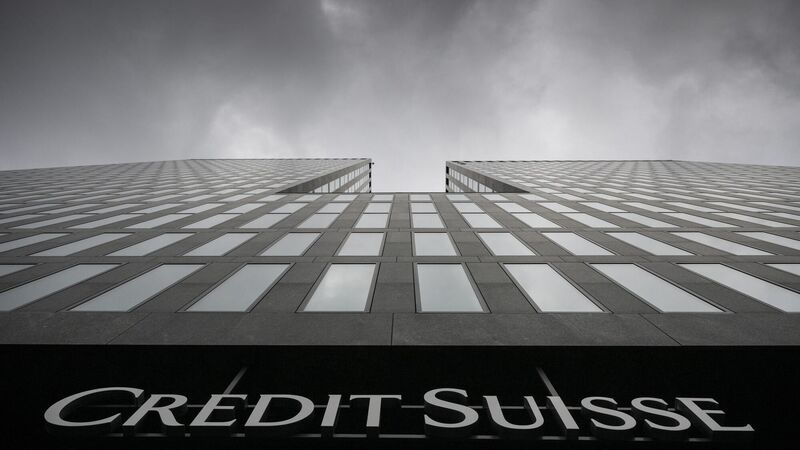Credit Suisse has allowed the morally bankrupt to steal from the poor for too long

Grey clouds hang over a building of the Credit Suisse bank in Zurich, Switzerland; it has been reported that some of the bank clients included dictators and their families, a human trafficker, sanctioned businessmen, and human rights abusers.
The bombshell revelations of the Suisse secrets, reported by a number of international outlets, are a continuation of the path-breaking work of the Panama Papers and the Paradise Papers. In one sense, it’s the same old story over and over again. Every time journalists lift the financial sector’s curtain of secrecy, a web of corruption and nefarious activities is revealed, disproportionately from shady customers and families of dictators, with a smattering of seemingly respectable politicians in democracies caught in the net.
But this time, there’s something different. This time it’s not a small, obscure offshore island or a struggling developing country trying to figure out an alternative business model to drugs. It’s a major bank in the middle of Europe, in one of the most prosperous countries in the world; a country where the “rule of law” is supposed to reign supreme. Even more disappointing, given that the country and bank involved have made promises of transparency and doing better. And that’s the point: without more transparency, there can’t be accountability.













